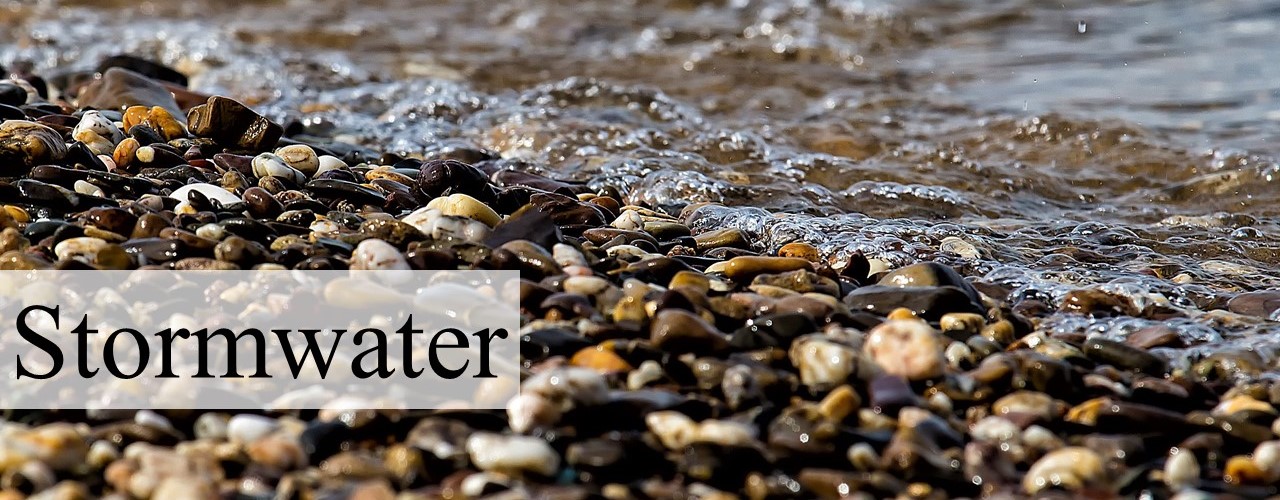
Stormwater runoff is generated from rain and snowmelt events that flow over land or impervious surfaces, such as paved streets, parking lots and building rooftops, and does not soak into the ground. The runoff picks up pollutants like trash, chemicals, oils and dirt or sediment that can harm our rivers, streams, lakes and coastal waters. To protect these resources, communities, construction companies, industries and others use stormwater controls, known as best management practices (BMPs). These BMPs filter out pollutants and/or prevent pollution by controlling it at its source.
The Texas Pollution Discharge Elimination System (TPDES) stormwater program regulates some stormwater discharges from three potential sources: municipal separate storm sewer systems (MS4s), construction activities and industrial activities. Operators of these sources may be required to obtain a TPDES permit before they can discharge stormwater. This permitting mechanism is designed to prevent stormwater runoff from washing harmful pollutants into local surface waters.
The University maintains a cooperative MS4 permit with the City of Lubbock with the Texas Commission on Environmental Quality. This permit establishes controls on discharges to the stormwater drains on chemicals and soil from regular operations and construction activities. Under this permit all construction activities greater than one acre require a Stormwater Pollution Prevention Plan (SWPPP) filed with the Texas Commission on Environmental Quality by the contractor.
Resources
Conducting one of these activities on university grounds?
- Construction projects
- Mobile car washing
- Trash collection
- Fertilizer application
- Mowing grass
- Street sweeping
You may be subject to stormwater monitoring.
Contact
Stormwater Specialist
Environmental Protection Manager
Environmental Health & Safety
-
Address
Texas Tech University, 407 Flint Ave, Lubbock, TX 79409 (Mail Stop 1090) -
Phone
806.742.3876 -
Email
safety@ttu.edu
